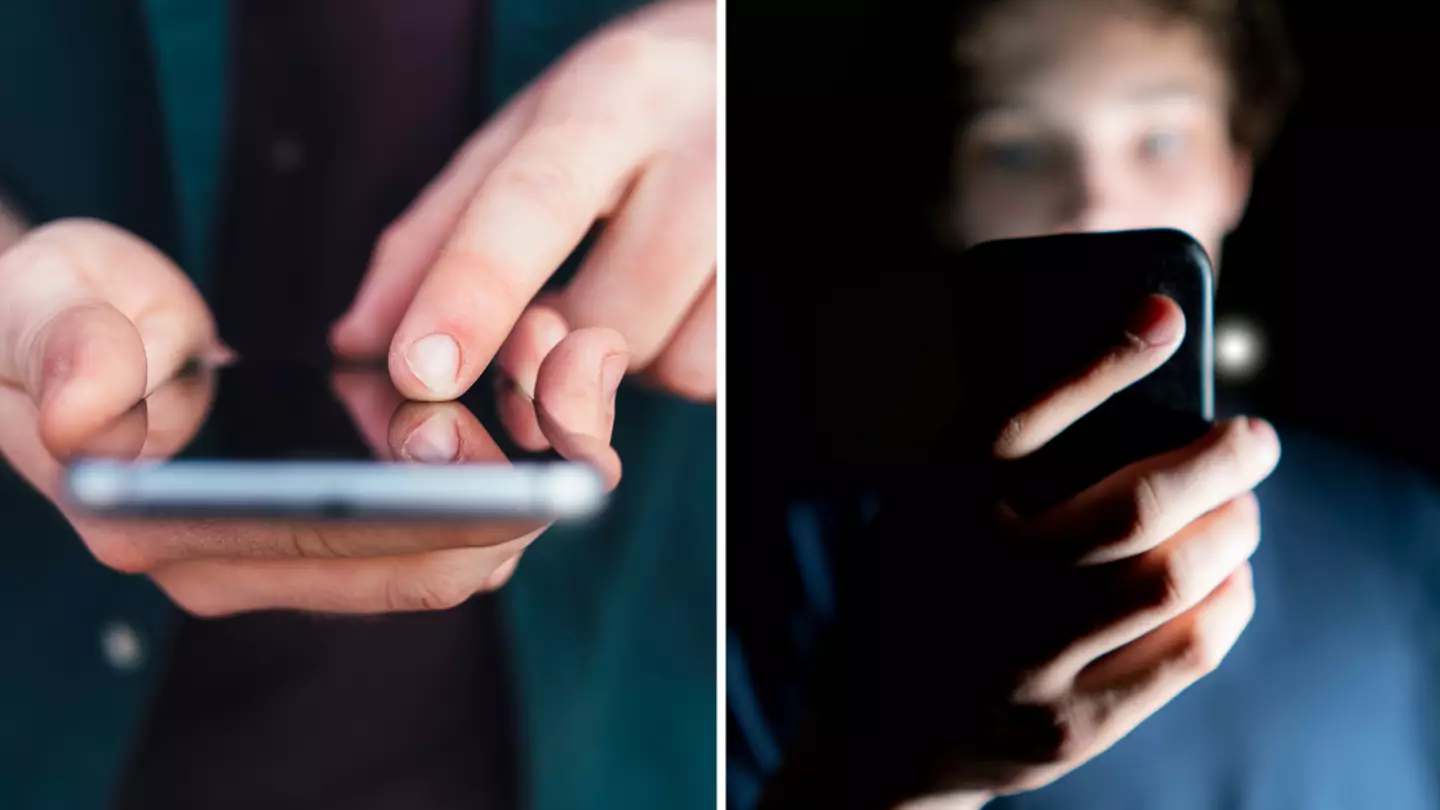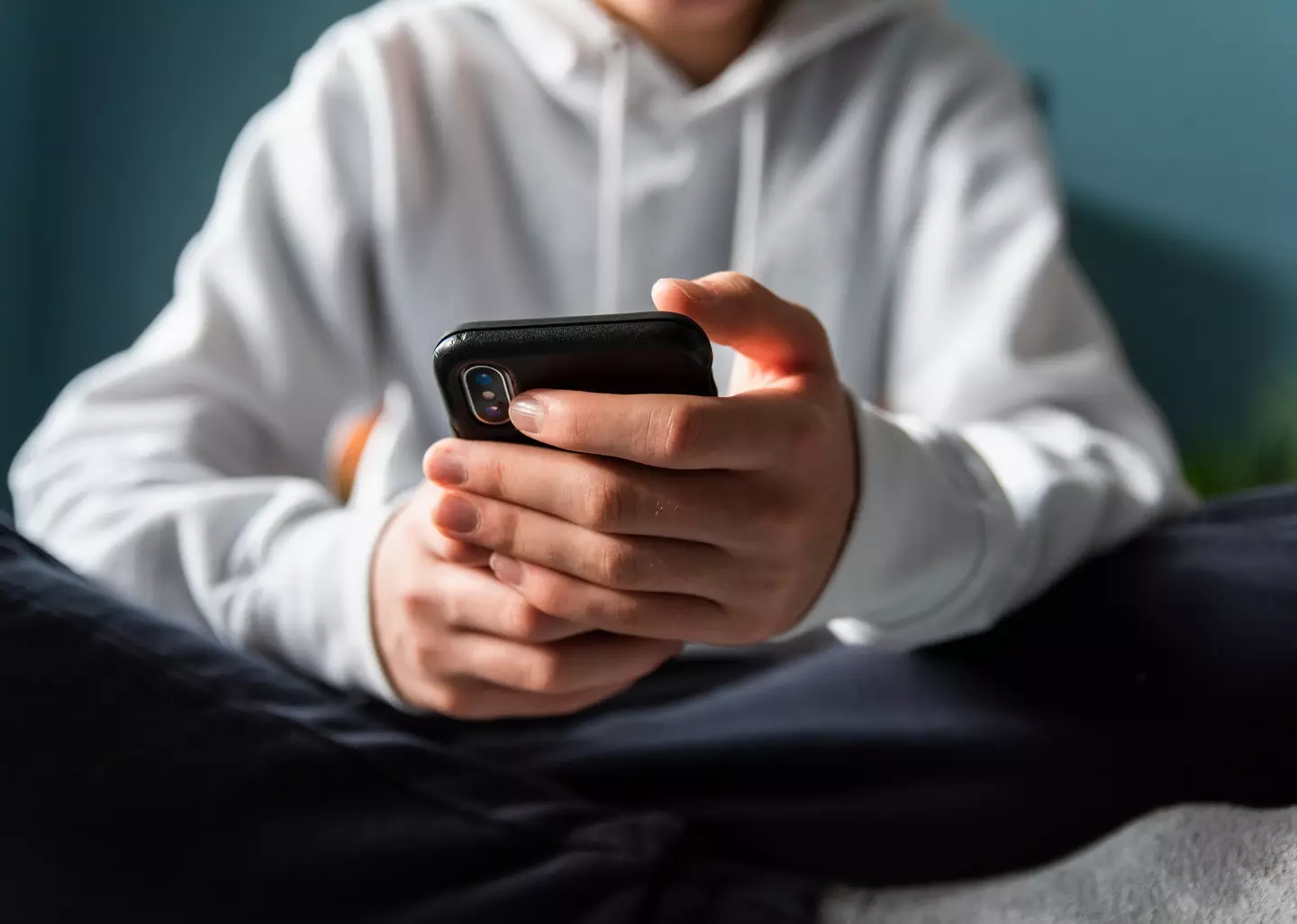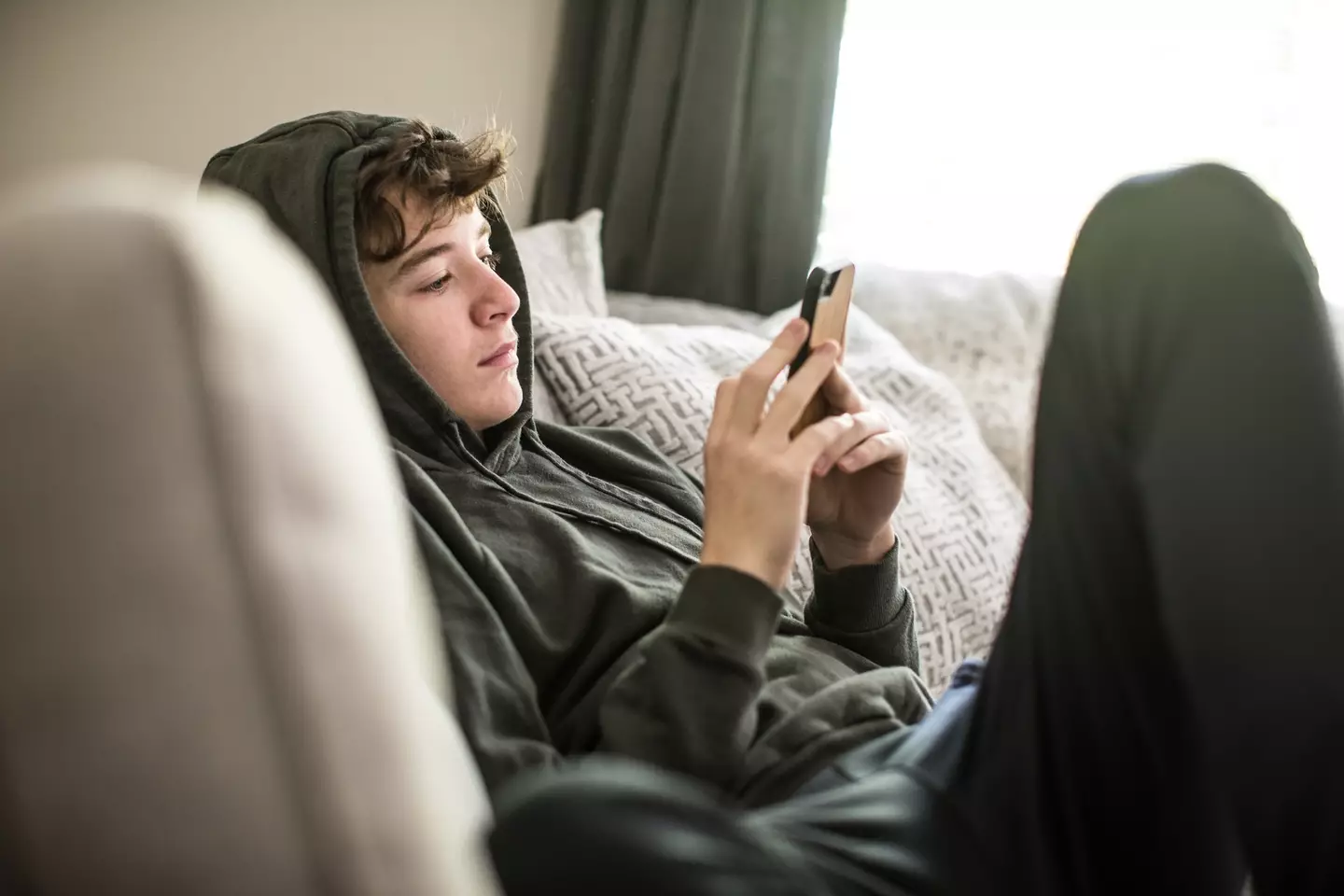
A doctor has issued a stark warning as a dangerous trend is rising in popularity among Gen Z online.
Following in the footsteps of other viral 'challenges' such as the chroming trend and the one chip challenge, the latest 'trend' can see those taking part lose their lives.
A mother who lost her son to the latest dangerous craze has also spoken out to warn others against taking part in the worrying trend.
What is the 'blackout challenge'?
Healthline explains: "The 'blackout challenge', or 'choking challenge', is an online challenge proliferated through social media apps such as TikTok that encourages viewers to asphyxiate themselves until they lose consciousness.
"The loss of consciousness is believed to be associated with a 'high' or feeling of euphoria. Challenge videos may be particularly appealing to teens and adolescents."
Advert

Joann Bogard, who lost her son Mason to the 'challenge' in 2019, told the HuffPost: "What worries me most today is that what happened to Mason and our family can happen to anyone - and has happened to others. Families are desperately seeking answers on how to protect their children online."
Pediatric Emergency Medicine Physician at Johns Hopkins Children’s Centre, Mary Beth Howard, added: "This is a trend that seems to come of age with each progressive generation.
"It’s very dangerous to begin with, and the other issue at hand is that we have social media and these very powerful algorithms that are propagating these very dangerous behaviour."
The risks of the 'blackout challenge'
Healthline states: "Asphyxiation is extremely dangerous and can quickly lead to brain damage and death. There is also the added risk that an individual may take part in the 'blackout challenge' by themself, without any form of supervision, greatly increasing the danger."
An Associate Professor of Clinical Pediatrics, Marla Levine, MD, said: "When you deprive the brain of oxygen and you go unconscious, that’s it, you’re not able to stop the event.

"You have a brief period of time where you can then reestablish blood supply or oxygen to your brain to prevent cerebral death. We’re not talking about a long period of time here."
The terrifying risks
Asphyxiation leads to cerebral hypoxia, a condition which starves the brain of oxygen.
The brain can be deprived of oxygen with as little as 4.4 pounds of pressure within just 10 seconds. When hypoxia is underway, you can end up permanently brain damaged within a window of just four minutes.
Brain death can take place within just five minutes of hypoxia.
Howard adds: "Everyone’s response to these challenges is variable. So someone could pass out within seconds, someone may take closer to a minute."
Healthline say further risks include damaging the larynx, tissue, and blood vessels of the neck, heart attack and cardiac arrest, and vomit in the airway.
Topics: Social Media, Health, Parenting